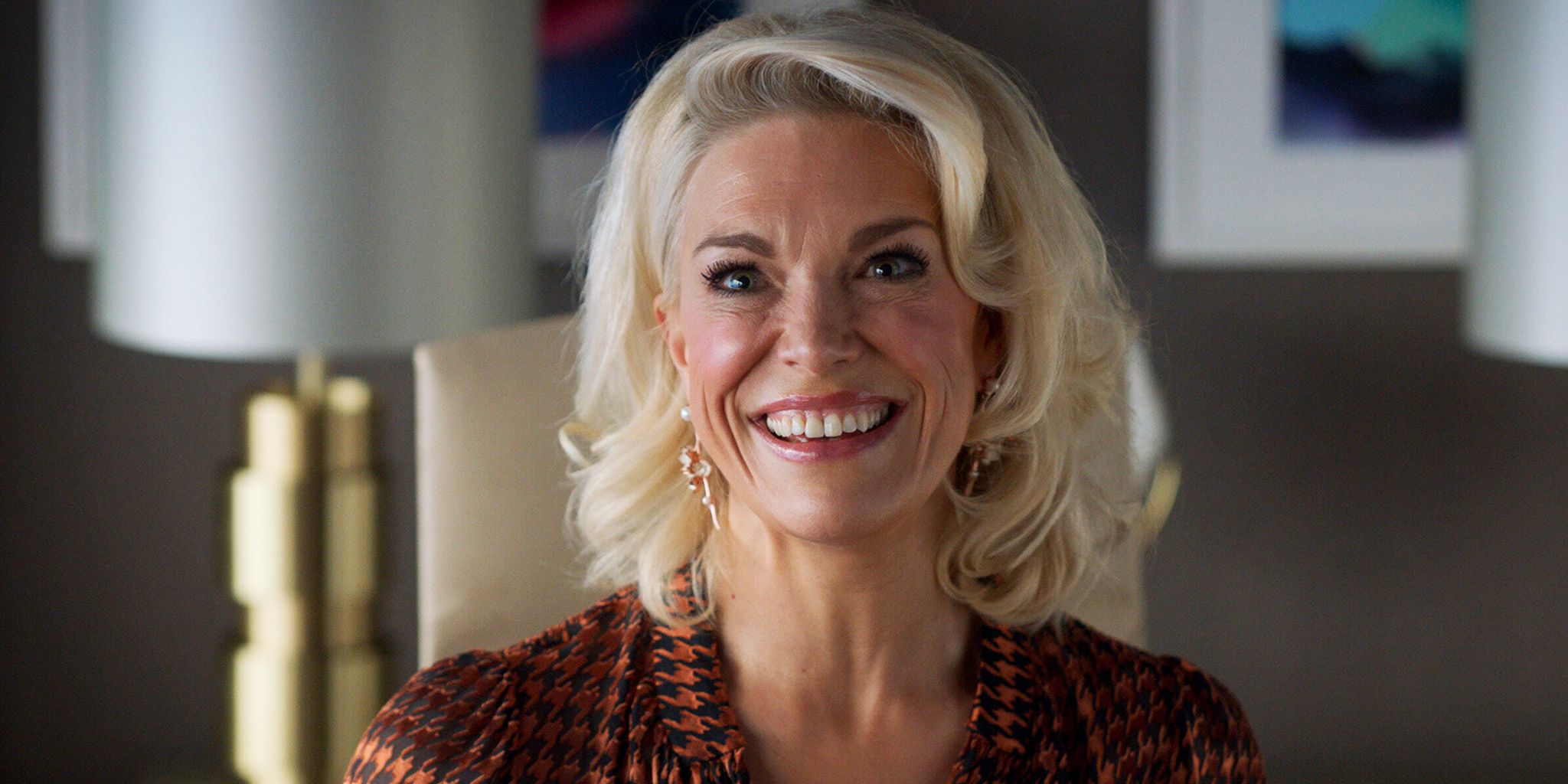Unveiling the Unknown: Science Reveals Near-Death Experience Secrets!

Near-death experiences (NDEs), profound transformative events occurring during severe medical crises, are reportedly leaving millions isolated and grappling with a shattered sense of reality due to a significant lack of medical system support. These experiences often involve a consistent set of phenomena, including out-of-body sensations, intense feelings of peace, rewatching major life events, encounters with spiritual beings, and visions of other realms. While deeply impactful, many individuals face considerable ‘reentry problems,’ struggling with the abrupt return to everyday life, which can seem trivial compared to the profound peace and unconditional love experienced during their NDE. This dissonance frequently leads to depression, anger, and a deep sense of loss for what felt like ‘home.’
A new study from the University of Virginia (UVA) is highlighting this critical gap in professional support for the estimated 10 percent of Americans, or 34 million people, who have reported NDEs. Dr. Marieta Pehlivanova, lead author of the study and a professor of psychiatry and neurobehavioral sciences at UVA, revealed that despite most near-death experiencers seeking help to process their profound visions, they are frequently met with skepticism from medical professionals. This lack of validation often compels them to seek solace and understanding in online communities.
The research emphasizes that a positive, supportive reaction from those to whom experiencers share their stories is the single most significant factor in their healing process. Dr. Pehlivanova noted that not all NDEs lead to struggle, but the more intense the experience, as judged by questionnaire scores, the more likely it is to transform individuals. Furthermore, not all NDEs are pleasant, with estimates suggesting that between 10 to 22 percent of reported NDEs can be distressing. Experiencers often describe their NDEs as “realer than real life,” with real life feeling like a dream in comparison, and these memories remain vivid for years, even decades.
To investigate support needs, the UVA team recruited 167 near-death experiencers, primarily through dedicated organizations, who completed a detailed online survey. The study found that 64 percent of participants sought support after their NDE from various resources, including mental health professionals, spiritual advisors, and online communities, with a vast majority (78 percent) finding it helpful. Individuals with more intense NDEs or a prior history of psychological difficulties were significantly more inclined to seek and require assistance. Factors that enhanced the helpfulness of support included a positive initial reaction upon sharing, good baseline mental health, a happy childhood, assistance from specialized NDE organizations, and being older.
According to Dr. Pehlivanova, the most crucial first step for anyone interacting with an NDE experiencer is to validate their experience and listen without the intention to debunk, diagnose, or impose one’s own belief system. The primary goal should be to create a safe and supportive environment for the individual to share their profound experience. Connecting them with specialized support networks, such as the International Association for Near-Death Studies (IANDS), is vital, as these groups offer a sense of community and understanding from others who have undergone similar experiences.
However, the study also revealed that a substantial 36 percent of near-death experiencers did not seek outside support. This group fell into two categories: some possessed sufficient resilience to integrate the event without external help, while others refrained due to fear of being judged, pathologized, or labeled ‘crazy’ by professionals and loved ones. This fear was compounded by a widespread belief that truly helpful support was unavailable, with many feeling that conventional therapies were too ‘textbook’ to address the magnitude of their experiences.
Profound internal shifts resulting from NDEs frequently lead to external challenges. As survivors' values transform, they may lose interest in their former careers, routines, and relationships, which are further strained by the near-impossibility of articulating their experiences. For instance, Brianna Lafferty, whose heart stopped for eight minutes, returned believing ‘death is an illusion,’ her journey through an otherworldly realm erasing her fear of death and reshaping her priorities from pain to peace and purpose. Similarly, Pegi Robinson, after a catastrophic ectopic pregnancy, experienced a journey to what she perceived as heaven, emerging with the conviction that ‘there is no such thing as dying’ and that individuals are never alone, replacing her fear of death with lasting gratitude and a belief in divine guidance. These findings were published in the journal APA PsychNet, underscoring the urgent need for a more empathetic and informed approach to NDE care within the medical community.
Recommended Articles
There are no posts under this category.You may also like...
India Claims 2030 Commonwealth Games Host Rights, Outbidding Nigeria
)
India is set to host the 2030 Commonwealth Games, with Ahmedabad chosen as the host city, marking the second time in 20 ...
Yahaya's Hat-Trick Heroics Lead Flamingos to Thrilling Pre-World Cup Win, 50th Goal Milestone Achieved

Nigeria's U-17 women's national team, the Flamingos, concluded their pre-World Cup preparations with a decisive 3-2 win ...
Apple TV's Sci-Fi Sensation Defies Gravity on Streaming Charts

Apple TV+ continues to impress with original content, highlighted by the enduring popularity of its heartwarming comedy ...
Playboi Carti Electrifies LA with Surprise Kendrick Lamar and A$AP Rocky Appearances

Playboi Carti's Antagonist 2.0 Tour took center stage in Los Angeles, featuring explosive surprise performances from A$A...
Barack Obama Honors Music Legend D’Angelo, Calling Him 'One of a Kind'

Neo-soul icon D’Angelo has passed away at 51 after a courageous battle with cancer, prompting an outpouring of tributes ...
Sarah Ferguson Forced to Relinquish Lavish £1.5M Gift

Discover the story of Birch Hall, a lavish Surrey estate gifted by Queen Elizabeth II to Sarah Ferguson after her divorc...
Katie Price Names Alleged Rapist, Shocks British TV World

Katie Price has sensationally named a British TV star she claims raped her over two decades ago during a live show on he...
Unveiling the Unknown: Science Reveals Near-Death Experience Secrets!

A new University of Virginia study reveals a critical lack of support for millions of Americans who have had near-death ...